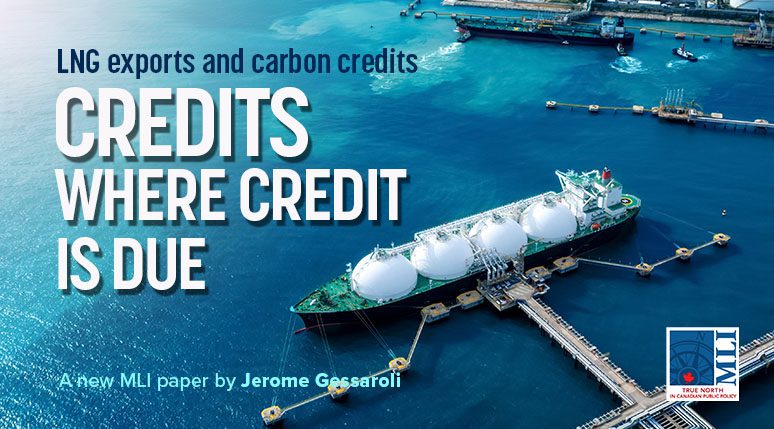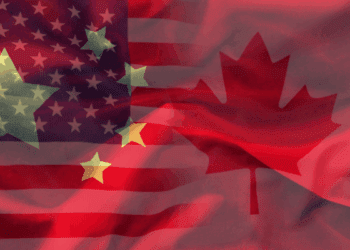By Jerome Gessaroli
October 25, 2023
Executive Summary
Under the basic current climate accounting rules to which Canada and all other UNFCCC parties have agreed, countries are responsible for reducing GHG emissions within their own national borders. If a country supported a project in another country, it would receive zero credit, no matter what help it may have provided. Therefore, countries have a big incentive to fund projects only within their own borders to help meet their own national carbon reduction goals. That is unfortunate for the planet’s emission reduction efforts. The focus on emission targets within national borders is a shortfall in the nationally based climate accounting system.
To address this shortcoming, the UNFCCC has adopted a framework covered in Article 6 of the Paris Agreement enabling countries to cooperate and share emission reductions. This framework allows carbon credits (known as internationally transferable mitigation outcomes, or ITMOs) to be transferred from the country where the reductions occurred to the country that helped undertake the emissions reduction project.
Sharing emissions reductions through Article 6 is possible when liquefied natural gas (LNG) replaces coal in power generation. This substitution is especially important because coal-fired power plants are expected to produce large amounts of the world’s energy (and GHGs) over the next several decades, even though coal emits much more carbon than other primary fuel sources. Even more troublesome is that new coal plants are still being built in significant numbers. Those new plants alone are expected to emit over 1,415 Mt CO2e (mega tonnes of CO2 equivalent) per year, which dwarfs Canada’s national targeted reductions of approximately 310 Mt CO2e per year by 2030.
Canada, meanwhile, is preparing to become a supplier of LNG. New LNG projects within British Columbia are amongst the least carbon-intensive sources of LNG in the world. BC’s LNG exports could lower global carbon emissions by displacing coal power, particularly in the Asia-Pacific region. Developing markets in Asia would welcome rapidly rising LNG imports. Realistically, BC LNG should be fully used as a substitute fuel to mitigate the carbon emissions impact of existing coal-based power plants, especially those currently used for heating.
While the concept of Article 6, where carbon credits are shared for collaboratively developed projects, is straightforward, the criteria and rules for implementing it are complex. This paper makes the case for how Canada can earn ITMOs based on exports of British Columbia-sourced LNG. An important criterion for making projects ITMO eligible is that the project would not have gone ahead without carbon credits being available. This suggests deals should be structured involving LNG exports along with some other value-added Canadian participation that assists a developing country in switching from coal to LNG as a fuel source. The ITMOs Canada receives could offset any incremental costs we would incur.
If Article 6 is used, the assertion that British Columbia’s pursuit of LNG production would prevent the province from meeting its emission reduction becomes inaccurate. Just over half of LNG Canada’s Phase 1 production capacity in British Columbia would result in approximately 1.2 Mt CO2e emissions annually. Using the same production capacity to replace coal for power generation in Asia has the potential to significantly reduce emissions, ranging from 14.9 to 35.2 Mt CO2e per year. Such outcomes underscore the importance of international collaborative efforts.
Canada should announce its intent to use Article 6 as a tool to help meet its emissions reduction targets. The federal government should then work with industry to identify candidates for bilateral agreements. Common methodologies for measuring, tracking, and verifying carbon mitigation outcomes would all need to be developed as would a registry for tracking and transferring ITMOs. These are complex issues, but we can learn from other countries that have already established processes for managing such projects.







